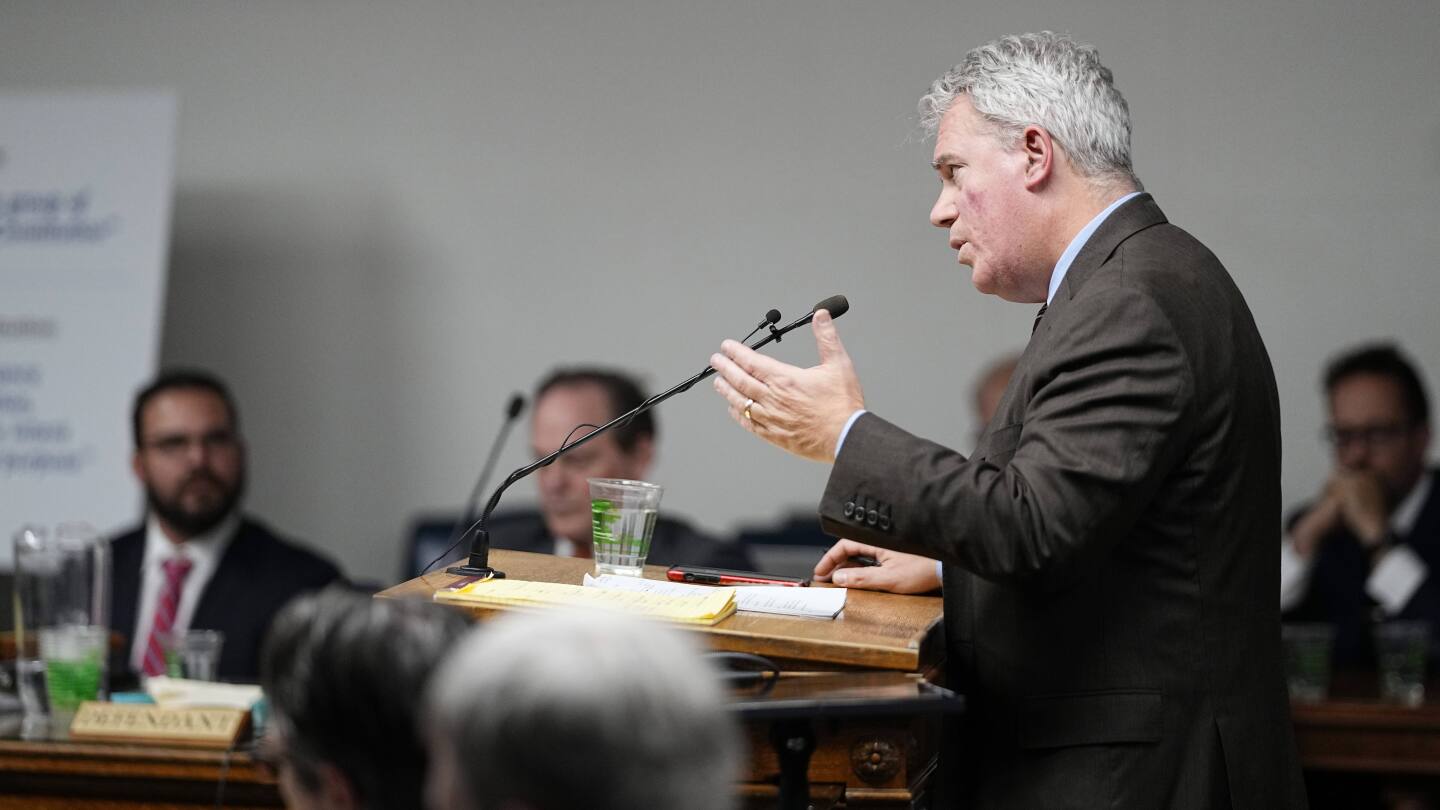- cross-posted to:
- [email protected]
- cross-posted to:
- [email protected]
A Colorado judge on Wednesday heard closing arguments on whether former President Donald Trump is barred from the ballot by a provision of the U.S. Constitution that forbids those who “engaged in insurrection” from holding office.
The hearing came on the heels of two losses elsewhere for advocates who are trying to remove Trump from the ballot under Section Three of the 14th Amendment, which bars from office those who swore an oath to uphold the U.S. Constitution and then “engaged in insurrection” against it. The measure has only been used a handful of times since the period after the Civil War, when it was intended to stop former Confederates from swamping government positions.
Last week, the Minnesota Supreme Court dodged the question of whether the provision applies to Trump, who is so far dominating the Republican presidential primary. It dismissed a lawsuit to toss him off that state’s primary ballot by saying that political parties can allow whomever they want to qualify for primaries.
The court left the door open for a general election challenge if Trump becomes the GOP nominee.



Even if you think this argument is sound - and I’m not strictly opposed to it - I think it’s probably wisest to tie this condition to an actual relevant criminal conviction in a court of law. You really don’t want the precedent of any random judge or bureaucrat being able to just casually disqualify a candidate by excessively stretching some words, unless you want some random GOP election official deciding that Joe Biden actually engaged in insurrection by illegally taking office after stealing an election.
Not even remotely close to what’s happening here.
The sticky part is that the precedent is already that no conviction is needed
Sure, but I think it’s not unreasonable to make some kind of distinction between serving in the armed forces or government of the literal Confederacy and the events of January 6th. At the very least, the entire existence of the Confederacy was de jure illegal, as was any non-trivial engagement with its government. Amnesty was granted as a matter of political pragmatism, not of law.
Don’t get me wrong, I absolutely believe that Trump being barred from assuming the Presidency again is absolutely a good thing, without reservation. My concern is what might happen after that can of worms gets opened.
There are a couple spots in the Constitution that specifically mention the need for conviction for something to take effect, and section 3 of the 14th amendment is not one of them. We do have appeals for the rogue judge or whatever, and I think most realize that if they act too egregiously that appeal on their record won’t look good. Also, Congress has the final say on this (to allow someone to take office, at least) per the last sentence of that section.